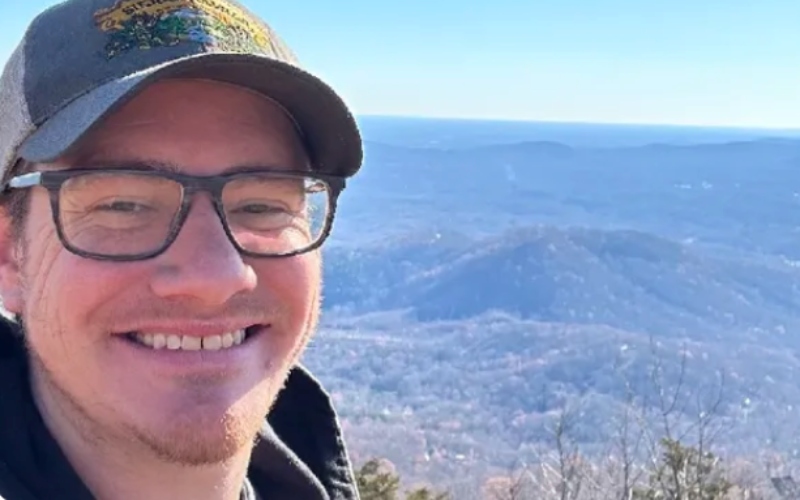Awareness, Action and Avert
Published 3:29 pm Thursday, September 3, 2020
|
Getting your Trinity Audio player ready...
|
September is National Suicide Prevention Awareness month
On average, we lose 123 Americans to suicide every day, but it doesn’t have to be. There are measures that we can take to save lives.
Trending
Our golden years are supposed to be a time of grandkids, fewer responsibilities and self-fulfillment. But this period is also one of significant life transitions; retirement, changes in finances, loss of independence and declining health – all of which can lead to depression.
Identifying those at risk of suicide is often complicated. Mental health professionals and caregivers face many obstacles in reaching older adults. Our seniors are less likely to seek treatment for mental health challenges, and they tend not to display the more common warning signs. The barrier most frequently voiced is that “they do not need help.” Other common hurdles include practical deterrents such as cost, transportation, and not knowing where to turn for help. Older patients are also less likely to trust mental health providers and less likely to open up about personal problems.
Awareness of the risk factors is the first step. Lack of socialization, lingering illnesses and spouse loss are substantial factors to the risk of developing depression, increasing the risk of suicide in older Americans.
Timing is everything. Seniors can be very good at hiding the common warning signs of suicidal thinking, and they often are deliberate, determined and careful planners. If you believe an older family member or friend may harbor suicidal thoughts, taking action to help may save their life. Talk to them and listen without judgment.
Warning signs may include: preexisting mental disorders, substance abuse, drugs, alcohol, impulsive and aggressive tendencies, major physical illness, job or financial loss, loss of relationship, absence of social support and sense of isolation or access to lethal means.
If you recognize several of these symptoms in your loved one, seek a family therapist or another professional experienced with handling issues of the elderly. Studies show that therapy combined with antidepressant medication is very successful in more than 80% of geriatric patients.
Trending
Being engaged can help make a difference. Avert tragedy through prevention. We know that seniors with a healthy lifestyle most often have a healthy mindset. Get involve and show genuine interest. Offer help with daily needs and find opportunities for activity.
Developing a healthy environment include:
- Diet. Eating right helps maintain positive mental health. Healthy foods include vegetables, whole grains, and fruits.
- Sleep. The older we become, the more we tend to become light sleepers. Longer durations of sleep improves concentration and provides daily recharging to the body’s immune system.
- Activity. We know that exercise improves mood and emotional well-being, and it also helps to maintain overall physical health.
- Socialization. Good relationships are essential for good mental health and are crucial to creating happiness and well-being by adding purpose to life.
- Pet. Pets help reduce blood pressure and depression, promote living in the moment, increase mobility, and ease anxiety.
While these tips will tremendously help most people lead a fulfilling life, it is essential to note that if professional help becomes necessary, there are resources available.
Senior Life Solutions is an intensive outpatient counseling program that addresses the emotional and behavioral health of adults over the age of 65. Through a combination of therapies, education, and wellness programs, Senior Life Solutions assists older adults who are experiencing depression and anxiety and have recently experienced a traumatic event and a host of many other symptoms.
To learn more about suicide prevention programs at St. Luke’s Hospital, please call, 828-894-9890, or email Paula Hipp at Paula.Brooks1@Slhnc.org, and visit our website at saintlukeshospital.com.
Submitted by Dean Graves





